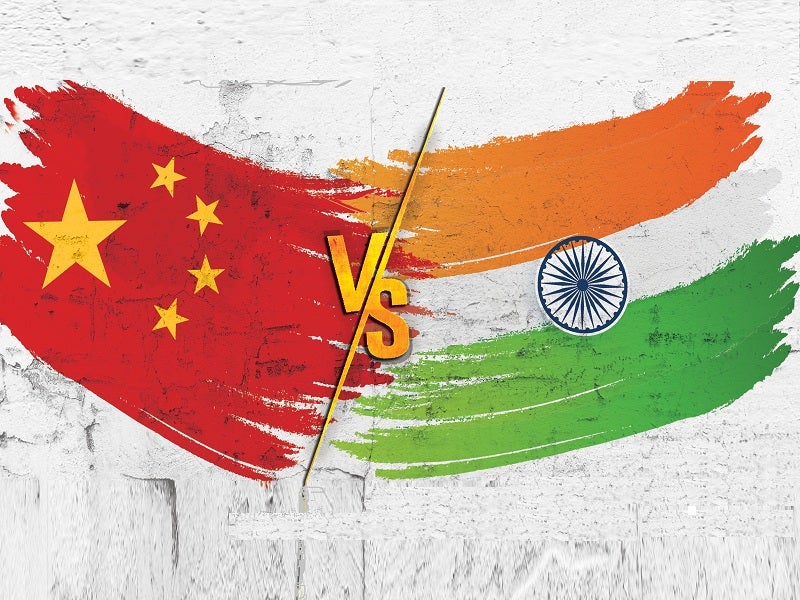India has expressed concerns about China's Belt and Road Initiative (BRI) for several reasons. While India recognizes the potential benefits of enhanced connectivity and economic cooperation, there are specific areas that raise concerns from India's perspective. Let's explore some of the key concerns India has expressed regarding China's BRI.
1. Sovereignty and Territorial Integrity:
One of India's main concerns is related to the BRI's projects in Pakistan-occupied Kashmir, which India considers as its integral part. India believes that these projects disregard its sovereignty and territorial integrity. The China-Pakistan Economic Corridor (CPEC), a flagship project of the BRI, passes through this region, raising objections from India as it perceives it as a violation of its sovereignty.
2. Strategic Encirclement:
India is wary of the potential strategic encirclement by China through the BRI. Some of the projects under the initiative are strategically located near India's borders, including in neighboring countries like Pakistan, Sri Lanka, and the Maldives. India is concerned that these projects could be used to exert influence and gain a military advantage in the region, thereby impacting India's security interests.
3. Debt Trap Concerns:
India has also voiced concerns about the potential debt trap created by the BRI. Some countries participating in the initiative have accumulated substantial debts to finance infrastructure projects, which may lead to financial dependency on China. India worries that this debt burden could have adverse economic and political implications for these countries, compromising their sovereignty and decision-making abilities.
4. Lack of Transparency and Reciprocity:
India has highlighted the importance of transparency and mutual benefit in any development initiative. It has expressed concerns about the lack of transparency in project contracts, bidding processes, and environmental impact assessments within the BRI. India emphasizes the need for projects to adhere to international standards and practices, ensuring fair competition, sustainable development, and long-term benefits for all stakeholders.
5. Impact on Regional Stability:
The BRI's expansion in South Asia has implications for regional stability. India is concerned about the potential for increased rivalry and tensions among countries in the region due to the geopolitical implications of the initiative. It underscores the importance of maintaining peace, stability, and respect for the sovereignty of all nations in the pursuit of regional connectivity and development.
Conclusion:
India's concerns regarding China's Belt and Road Initiative revolve around issues of sovereignty, strategic encirclement, debt traps, lack of transparency, and regional stability. While India acknowledges the potential benefits of enhanced connectivity and economic cooperation, it emphasizes the need for transparency, adherence to international standards, and respect for sovereignty to ensure that the initiative contributes to the overall development and well-being of all participating countries while addressing the specific concerns raised by India.









